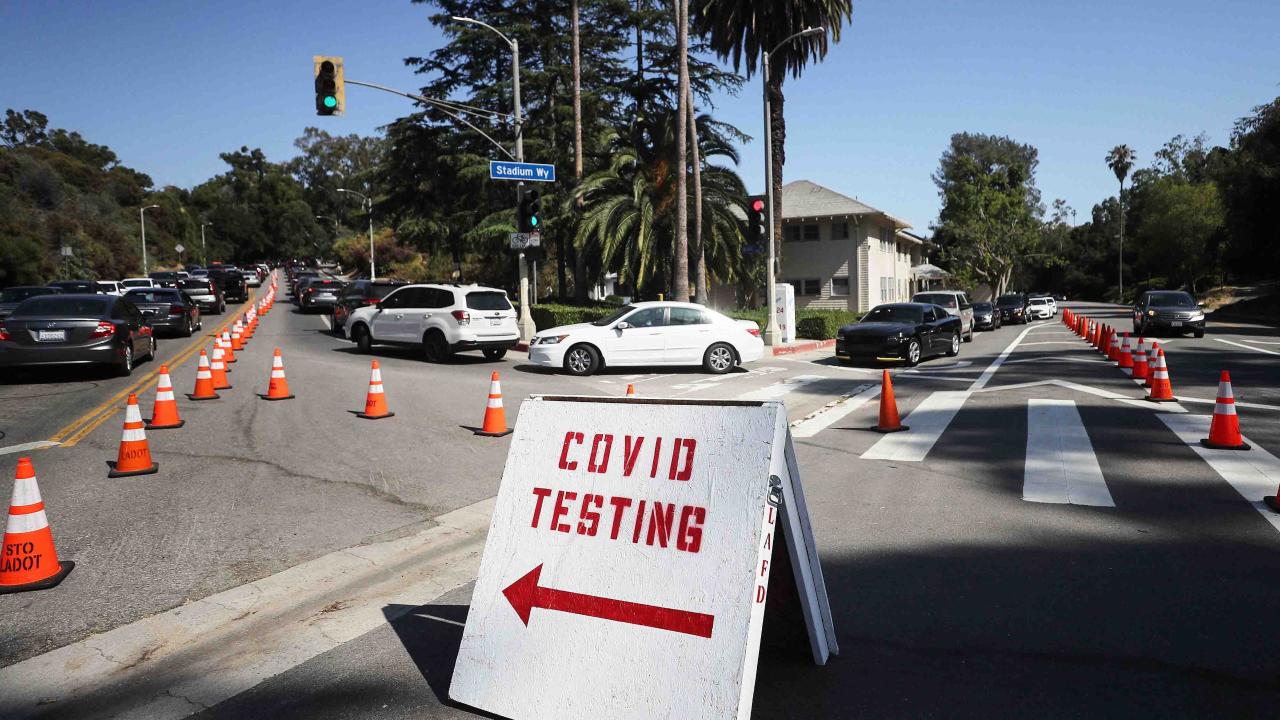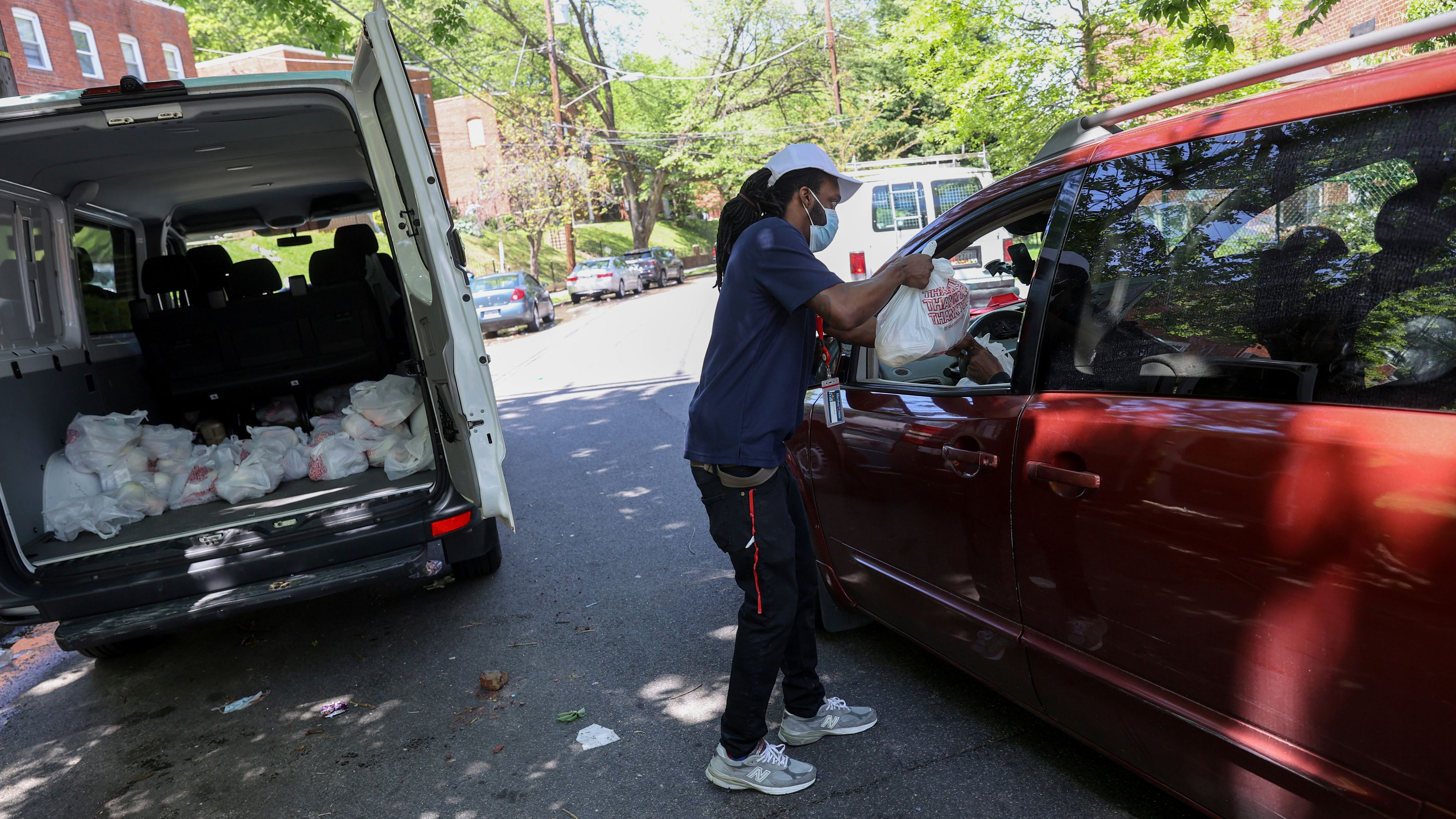
Editor's note: Mariana Mazzucato is a professor at University College London. The article is first published on the Financial Times. The article reflects the author's opinions, and not necessarily the views of CGTN.
With the rampant spread of COVID-19, there is reflection about what went wrong. If there is an economic lesson from the past 12 months, it is this: COVID-19 is the moment to do capitalism differently. The pandemic showed our economic system is not simply in crisis, it is structurally flawed, according to the Financial Times.
The flaws are various: Gig economy jobs are not protecting workers in hard times; rising inequality means people turn to loans to make ends meet; businesses still prioritize distributing short-term gains to shareholders; state capacity is hollowed out and outsourced to consulting companies; future crises like climate change have been made worse.
And when some Asian countries witness recovery in COVID-19, Western countries are dragged into a deep recession, with drops in both domestic and foreign demand, coupled with disruptions in supply chains. For example, the International Monetary Fund expects the U.S. economy to contract by 4.4 percent in 2020.
If we are to build back better in the coming year, there are a lot of things we need to do. Specifically, the Financial Times offered a six-point plan on how policymakers can seize the moment.
First, as trillions of dollars are being injected into the economy for the purpose of recovery, the stimulus cannot be just about shovel-ready projects. As I argue in my forthcoming book "Mission Economy," investment must be driven by goals and moonshots around our biggest societal challenges, such as strengthening health systems, reimagining the future of mobility and narrowing the digital divide.
Second, we must learn from the mistakes made after the financial crisis when companies were bailed out only to see their profits soar later. In bad times their risks were socialized, in good times they were privatized. One way is to impose strict conditions on government assistance, so that it protects public interest.

A staff member of Martha's Table, a local nonprofit organization, distributes bags of donated groceries to residents in the Buena Vista neighborhood during the COVID-19 outbreak, in Washington, D.C., U.S., May 4, 2020. /Reuters
A staff member of Martha's Table, a local nonprofit organization, distributes bags of donated groceries to residents in the Buena Vista neighborhood during the COVID-19 outbreak, in Washington, D.C., U.S., May 4, 2020. /Reuters
Third, decades of privatization, outsourcing and budget cuts in the name of "efficiency" have harmed government responses to the COVID-19 crisis. Proper investment in dynamic state capabilities is necessary.
Fourth, in an era when most global flows of money were reinvested into finance, insurance and real estate, it is good news that the UK government is considering building an infrastructure bank, providing patient, long-term finance to actors that will address concerns identified by government policy. We also need new measures of success that go beyond gross domestic product, and policy evaluation methods that go beyond cost-benefit analyses.
Fifth, not only businesses but workers and public institutions create value. A citizens’ dividend, giving people equal shares in a fund tied to the national wealth, would transform the story of government intervention and create a more equitable economy.
Sixth, science and medical innovation thrive and progress when researchers exchange and share knowledge openly. This is especially true when it comes to developing, manufacturing and distributing a vaccine during a pandemic. A "people's vaccine" means making sure patents promote collective intelligence in the form of a patent pool. Pricing and distribution must allow global access. The same principles should govern digital platforms.
In sum, "building back better" requires a fundamentally new relationship between all economic actors willing and able to tackle complexity to achieve outcomes that matter.
(If you want to contribute and have specific expertise, please contact us at opinions@cgtn.com)

